Samantha Riedel, contributing writer for Them magazine, joins host Krys Boyd to discuss the discovery of a CD-Rom with four years of content from the late 1990s, which shows a burgeoning trans community being born online.
Read more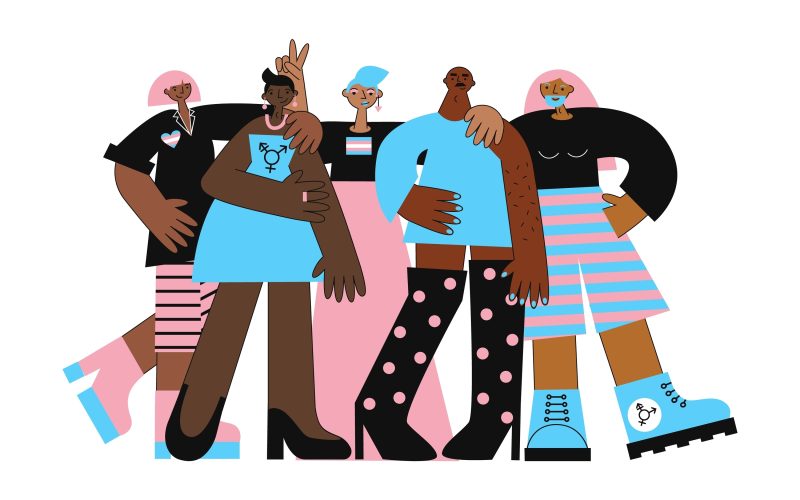


Samantha Riedel, contributing writer for Them magazine, joins host Krys Boyd to discuss the discovery of a CD-Rom with four years of content from the late 1990s, which shows a burgeoning trans community being born online.
Read more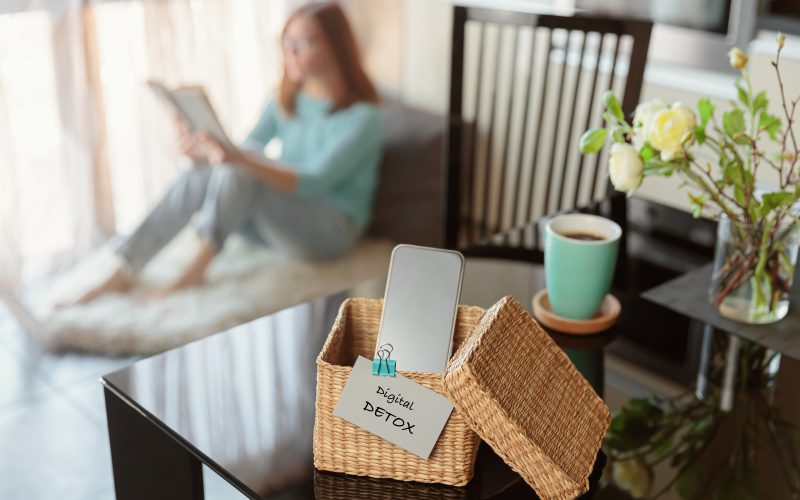
Chris Moody, professor at Appalachian State University, joins host Krys Boyd to discuss why he and his wife decided that to be better parents, they needed no internet distractions – and why that sense of isolation has been freeing.
Read more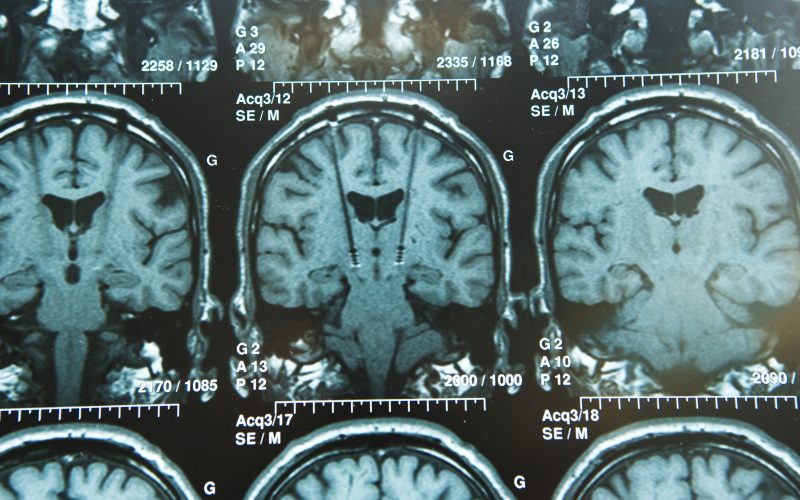
Laura Sanders, who writes about neuroscience for ScienceNews, joins host Krys Boyd to talk about the pros and cons of deep brain stimulation, where electrical pulses are delivered straight into the brain during surgery.
Read more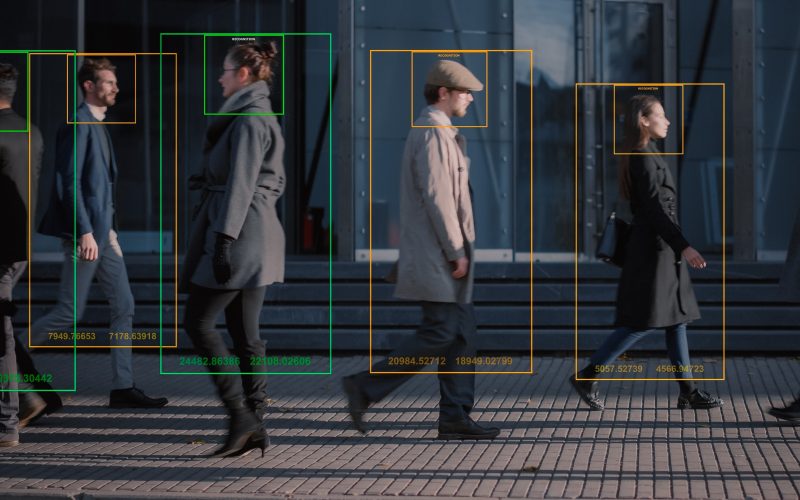
Eyal Press, a contributing writer for The New Yorker, joins host Krys Boyd to discuss cases of mistaken identity that sent innocent people to prison, all on the authority of tech that is still new and has unintended bias built in.
Read more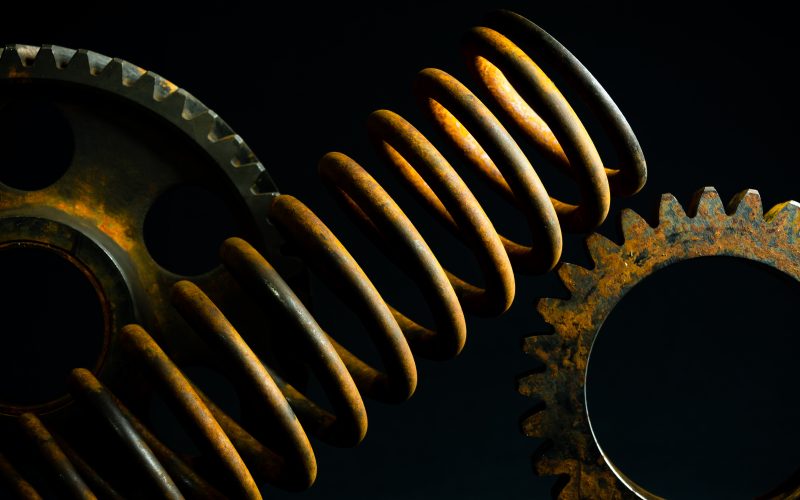
Roma Agrawal, an engineer, author and broadcaster, joins host Krys Boyd to discuss simple inventions such as the rivet and string that we don’t think of as particularly revolutionary but which carry all the innovations of today on their shoulders.
Read more
Jaime Green, editor of “The Best American Science and Nature Writing,” joins host Krys Boyd to discuss space trash and what can be done about it.
Read more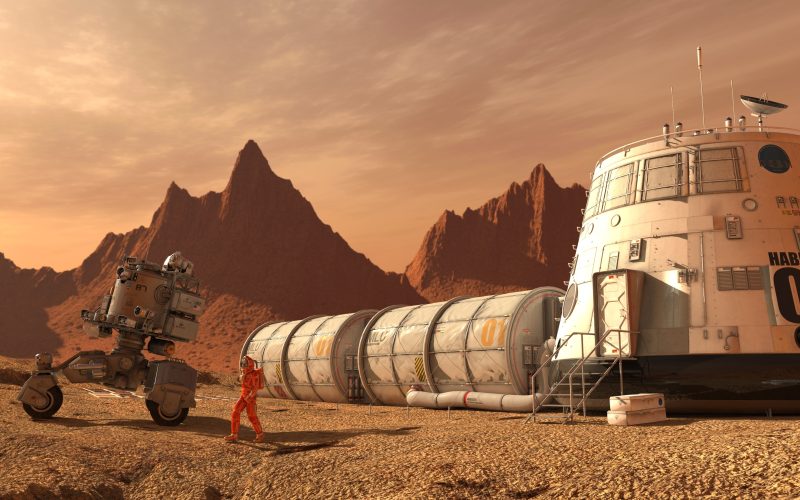
Kelly Weinersmith, adjunct faculty member in the BioSciences department at Rice University, joins host Krys Boyd to discuss the impracticalities of space colonization and the conflicts it could create back on Earth.
Read more
Texas Monthly writer Dan Solomon joins host Krys Boyd to discuss the progress being made by tech companies producing driverless cars, as well as the safety concerns that still have yet to be addressed.
Read more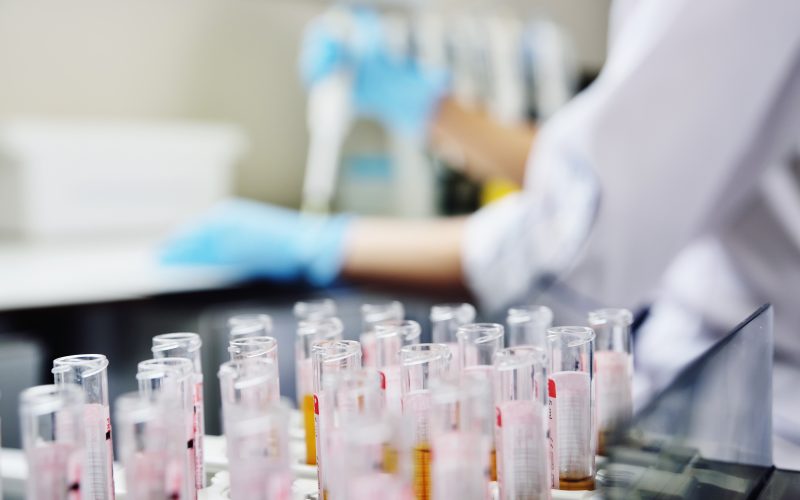
James Tabery, a professor at the University of Utah, joins host Krys Boyd to discuss why precision medicines focused on gene technology benefit only the rich, while average citizens are left behind in this new model of curing disease.
Read more
Wired contributor Geoff Manaugh joins host Krys Boyd to discuss how radar and computer modeling are allowing researchers to create maps of what the ancient world looked like – all without the harm of an excavation.
Read more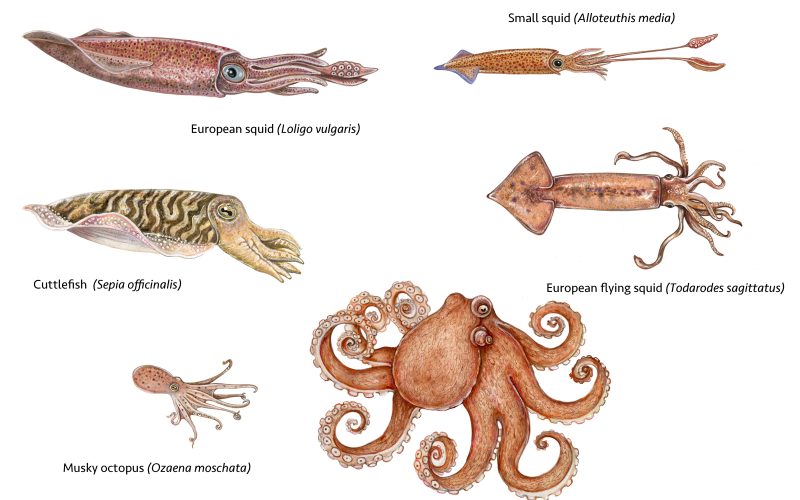
Marine biologist Danna Staaf joins host Krys Boyd to discuss these intelligent and charismatic creatures and the amazing things they can do that no one else in the animal kingdom can.
Read more
New York University School of Medicine pulmonologist Sam Parnia joins guest host Courtney Collins to discuss his research into cognitive awareness during resuscitation.
Read more